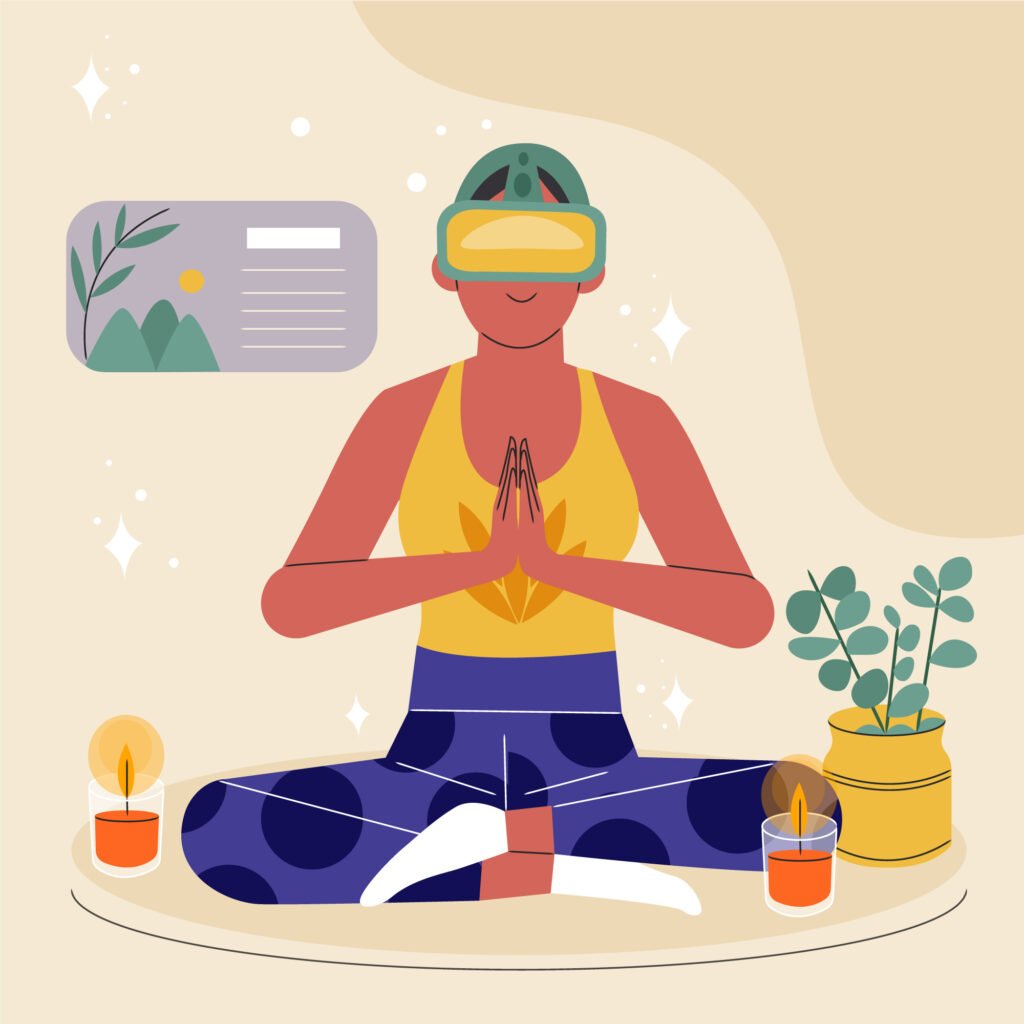The Power of Small Daily Actions In a world that constantly demands more from us, caring for our mental health can sometimes feel overwhelming. But here’s a comforting truth: you don’t have to overhaul your life to feel better. The secret often lies in the tiny habits that make up your day. Your mind and …
The Power of Small Daily Actions

In a world that constantly demands more from us, caring for our mental health can sometimes feel overwhelming. But here’s a comforting truth: you don’t have to overhaul your life to feel better. The secret often lies in the tiny habits that make up your day.
Your mind and body are deeply connected. The food you eat, the sleep you get, the thoughts you nurture—they all shape your mental well-being. When we care for the body, we also begin to care for the mind.
What Is the Mind-Body Connection?

The mind-body connection refers to how your physical health directly influences your emotional and psychological state. Research shows that nourishing your body with sleep, hydration, and good nutrition can ease symptoms of stress, anxiety, and low mood.
So instead of chasing productivity hacks, let’s come back to basics—the everyday habits that support both your brain and your body.
4 Habits That Strengthen Your Mental Health
🛌 1. Prioritize Quality Sleep
Sleep isn’t a luxury—it’s a mental health essential. A regular sleep schedule improves focus, emotional regulation, and your body’s ability to heal.
Try this: Go to bed at the same time each night, and avoid screens 30 minutes before sleep.
🥗 2. Eat with Awareness
Your brain needs fuel to function. A balanced diet rich in whole foods helps stabilize mood and reduce inflammation, which is linked to depression and anxiety.
Try this: Start by adding more color to your plate—leafy greens, fruits, nuts, and seeds.
💧 3. Hydrate, Hydrate, Hydrate
Even slight dehydration can make you feel tired, irritable, and unfocused.
Try this: Keep a bottle nearby and set reminders if needed. Aim for 6-8 glasses a day depending on your body and weather conditions
✨ 4. Practice Daily Gratitude
Gratitude rewires your brain to look for the good—even on tough days. This habit helps lower stress and boosts emotional resilience.
Journal Entry:
Write down 3 small things you’re grateful for at the end of each day
Building Habits Takes Time And That’s Okay
You’re not failing if you miss a day. Habit-building is a journey, not a race. Start with just one habit, and let it become second nature. Then add another.
Over time, you’re not just adding healthy routines—you’re rebuilding your inner environment to feel safer, calmer, and more confident.
🎨 Suggested Activity: The Mind-Body Tracker
Create a weekly tracker with columns for:
- Sleep hours
- Water intake
- Meals eaten mindfully
- Gratitude moments
- Mood rating (1–5)
At the end of the week, reflect on how the habits affected your mood or energy. You’ll be amazed at the patterns that emerge!
You can download and print your free weekly tracker resource below. It always helps putting it up on your wall.

Final Thoughts
Better mental health doesn’t start with big leaps—it starts with small, consistent care. You can also reach out to us for some help. When you support your body, you support your mind. And that’s the most compassionate habit you can build.
So what will your first small step be?
Credits: Therapist Devyanshi







